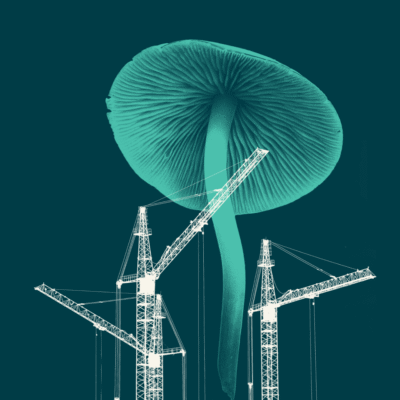Global commons on the global security stage
22/02/2024
Below is the introduction to our latest newsletter. To read newsletters in full, sign up now or subscribe on Linkedin.
Dear Planetary Steward, Dear friend of the Global Commons Alliance,
At last weekend’s Munich Security Conference, where global leaders discussed the ongoing threat of an emboldened President Putin and former President Trump’s controversial comments on NATO, a panel discussion focused specifically on Protecting the Global Commons! Participants from Sri Lanka, Germany, Greenpeace and the Institute for Security Studies discussed the issue of joint ownership and responsibility for the global commons. They highlighted that all the crises we are living through now show it’s necessary to collectively care for and restore what is common to us all. It’s crucial that we do this based on the best available science, and by addressing the great inequities that still drive climate change and environmental degradation.
Thriving and diverse natural systems are vital to that safe and just future, so we’re keeping our ears to the ground for what comes out of the sixth United Nations Environment Assembly (UNEA-6). In Nairobi this week, Inger Anderson, Executive Director of the United Nations Environment Programme, called for effective and inclusive resolutions and decisions to make UNEA-6 a “roaring success” in order for Member States to build a bridge toward the Summit of the Future. In her keynote speech she said: “And make no mistake, it is the future that you are shaping. A future in which all nations and peoples live in peace, prosperity and equity. A future that will only be made possible by a stable climate, healthy nature and a pollution-free world.”
From Africa to China, nature-positive solutions are already growing around the world. Alongside the news of declining water levels in the Amazon caused by deforestation, the story of reforestation in the Eastern US shows the extraordinary benefits to communities: temperatures have cooled by 1C to 2C – and up to 5C on the hottest summer days – because of vast reforestation in the area. Separate research from the University of Gothenburg has also found that mangroves and saltmarshes can store twice as much carbon than previously understood. But as the rate of nature destruction outpaces restoring nature at scale, adaptation is as critical as mitigation.
Thankfully, adaptation is not all we have left in response to the loss of interconnected natural systems. Together, we can reduce and halt the devastating impacts on nature, harvests, homes, livelihoods and people’s lives by safeguarding and restoring the global commons. This is not just a far away theoretical concept or a dream. What seems vital is to translate and communicate the concept of holistic “systems transformation,” which is the solution, into tangible actions that can lead us in the right direction and be taken now.
Because whoever we are, wherever we are, we all share something in common: our reliance on the global commons.
With all my best wishes,
Jane
Subscribe now and read the rest of our bi-weekly newsletter, including news across GCA such as:
